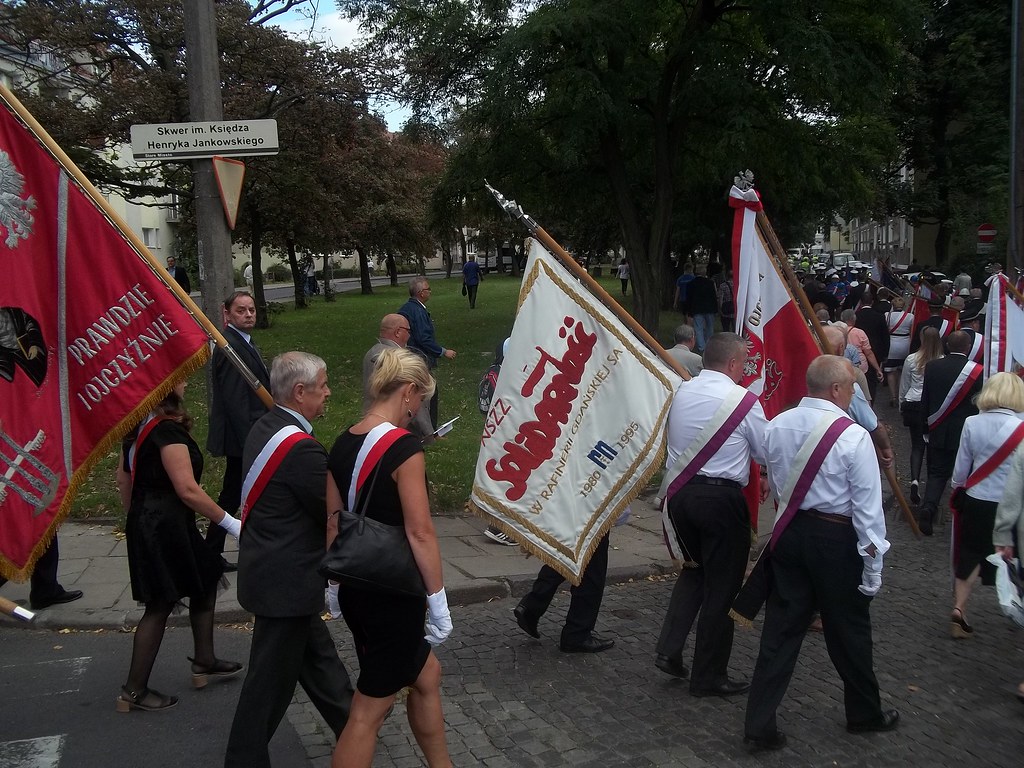Have you ever wondered what it was like to be part of a movement that changed the course of history? Well, brace yourself, because the Solidarność Movement in Warsaw, Poland is one such extraordinary tale. It’s a story of courage, resilience, and unwavering determination that unfolded against the backdrop of a city scarred by communism. ExploreWarsaw.com’s website dedicated to Solidarność offers a captivating journey back in time as you uncover the stories and experiences of those who fought for freedom. From interviews with activists to haunting photographs, this online portal immerses you in the heart-wrenching struggles and triumphs of this iconic movement. But it doesn’t stop there – this virtual exploration also unveils some of Warsaw’s most captivating destinations tied to Solidarność. Get ready to be transported into an era that shaped not just Warsaw but the entire world as we know it today.
Key Takeaways
- The Solidarność Movement in Warsaw, Poland was a historic event in the 1980s that was a response to oppressive communist rule.
- Led by Lech Walesa, the movement gained support from workers, intellectuals, and ordinary citizens, advocating for workers’ rights, democracy, and freedom of expression.
- The movement overthrew communism in Poland and inspired similar movements in Eastern Europe.
- The importance of cultural immersion and engagement, as well as the significance of remembrance and learning from history, are highlighted in the article.
Introduction to the Solidarność Movement in Warsaw, Poland
Explore Warsaw takes you on a journey to discover the rich history of the Solidarność Movement in Warsaw, where you’ll gain insight into its significance and impact. The first subtopic explores the origins of this influential movement and its remarkable impact on Poland.
The Solidarność Movement emerged in the 1980s as a response to oppressive communist rule in Poland. It began as an independent trade union led by Lech Walesa, a charismatic shipyard electrician. This movement quickly gained momentum, drawing support from workers, intellectuals, and ordinary citizens alike. Solidarność became a symbol of resistance against the oppressive regime, advocating for workers’ rights, democracy, and freedom of expression.
The impact of the Solidarność Movement was profound. It played a crucial role in overthrowing communism in Poland and inspiring similar movements across Eastern Europe. The movement’s nonviolent protests and strikes challenged the authority of the ruling party, leading to political reforms that transformed Poland into a democratic nation.

